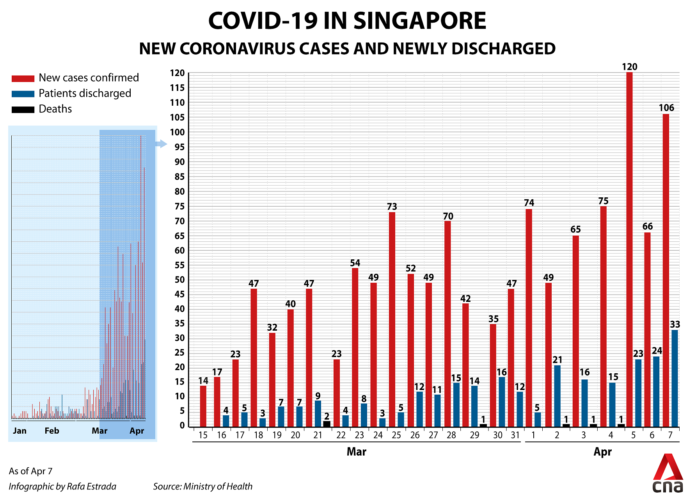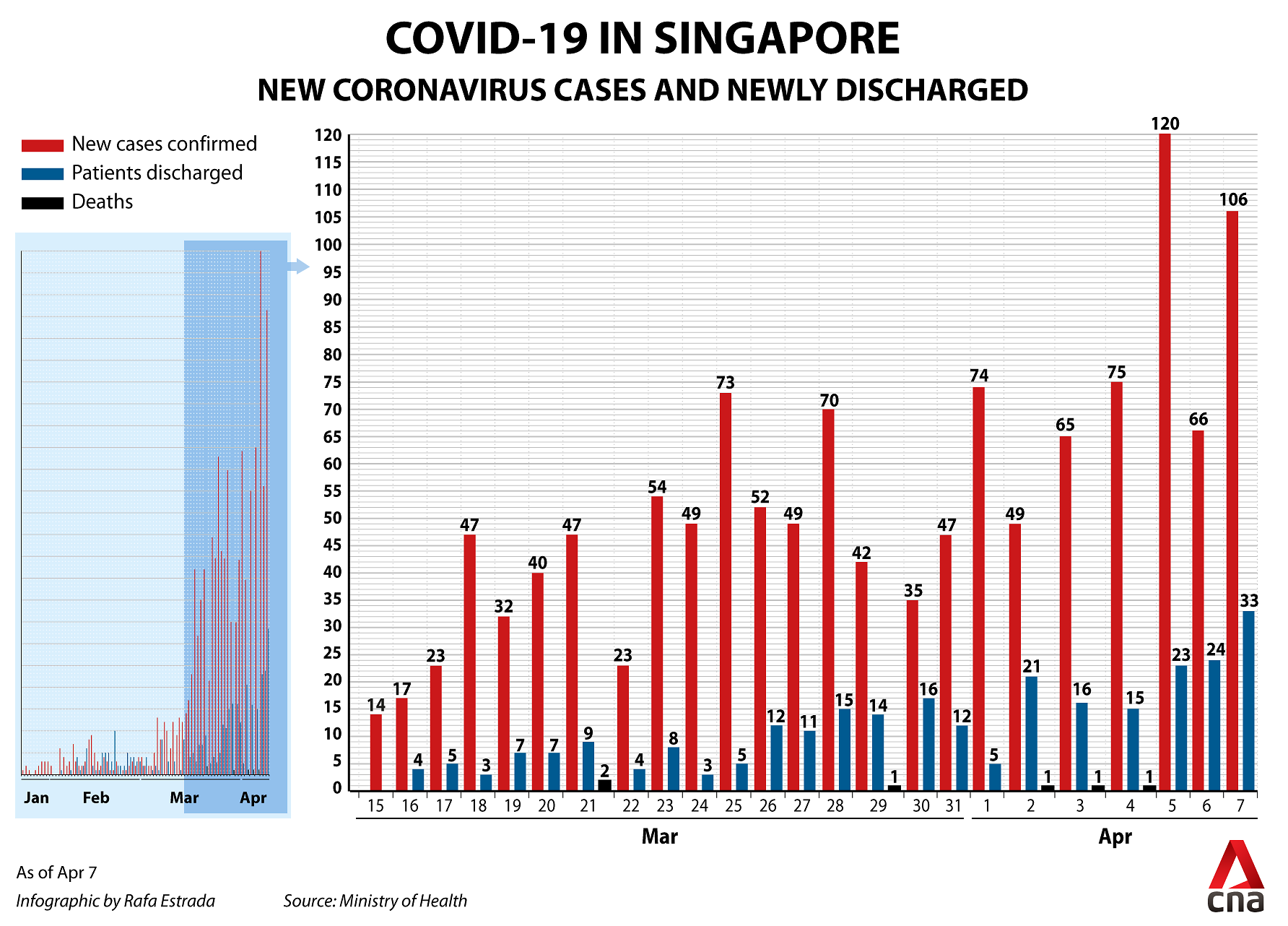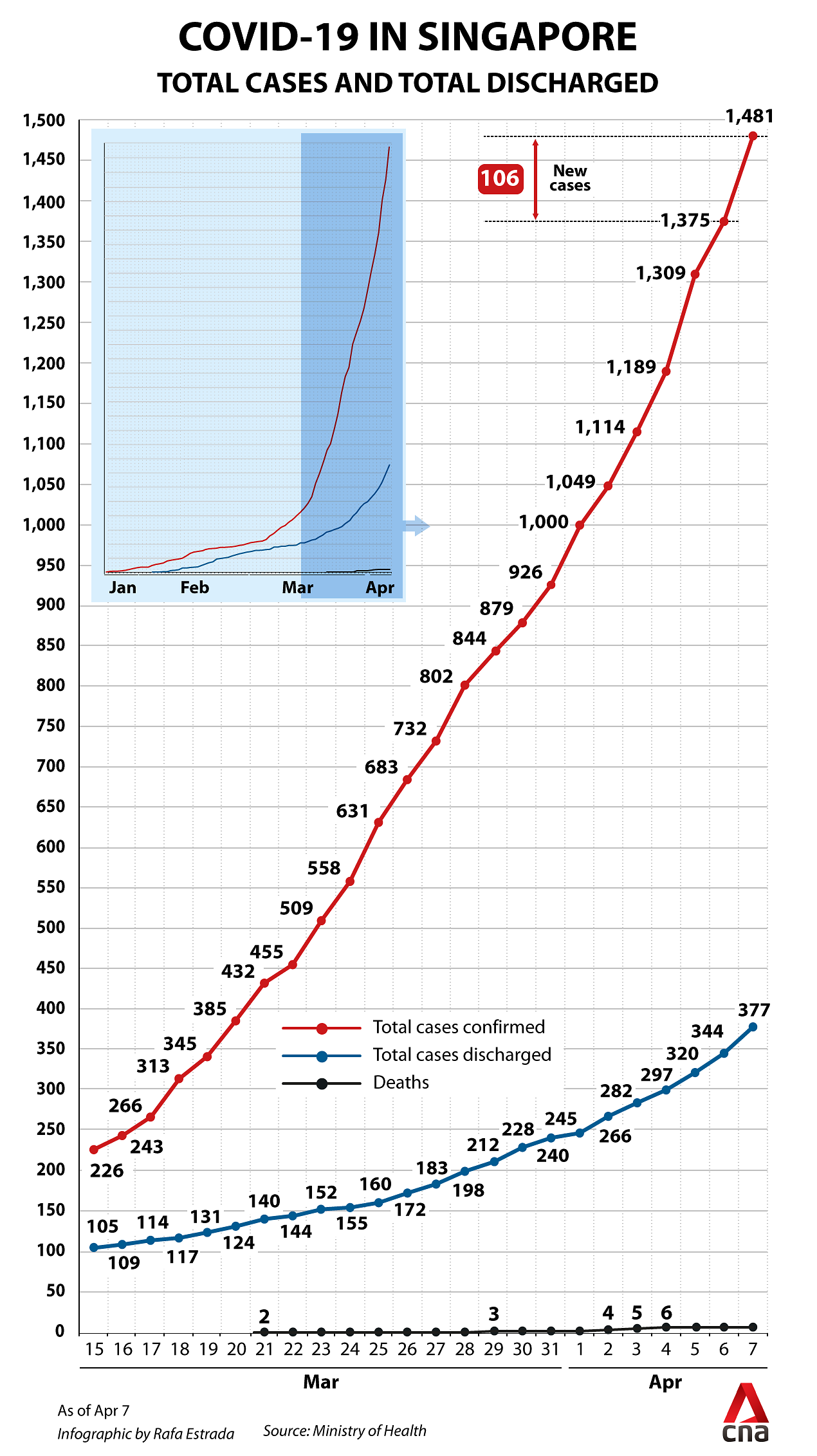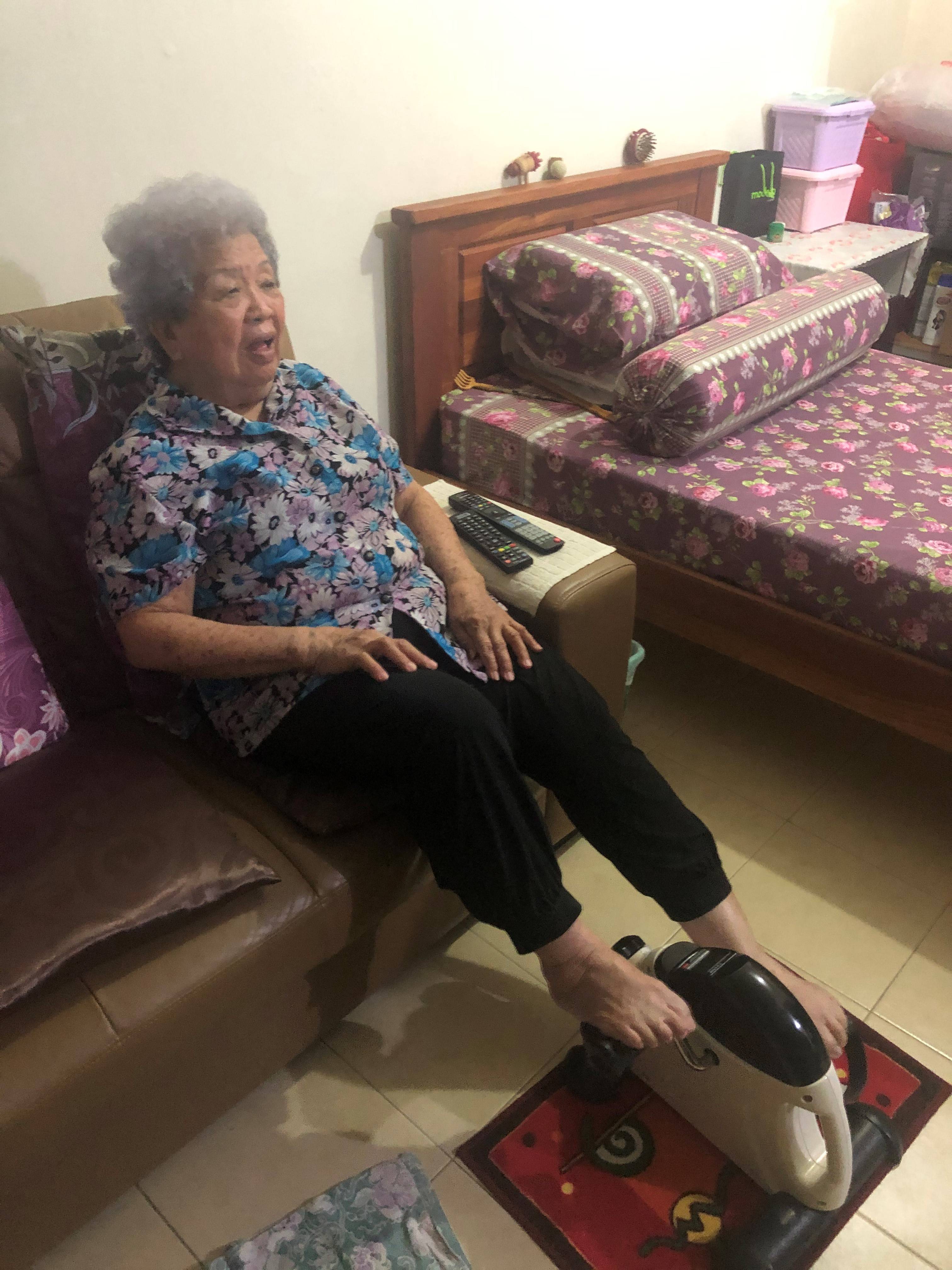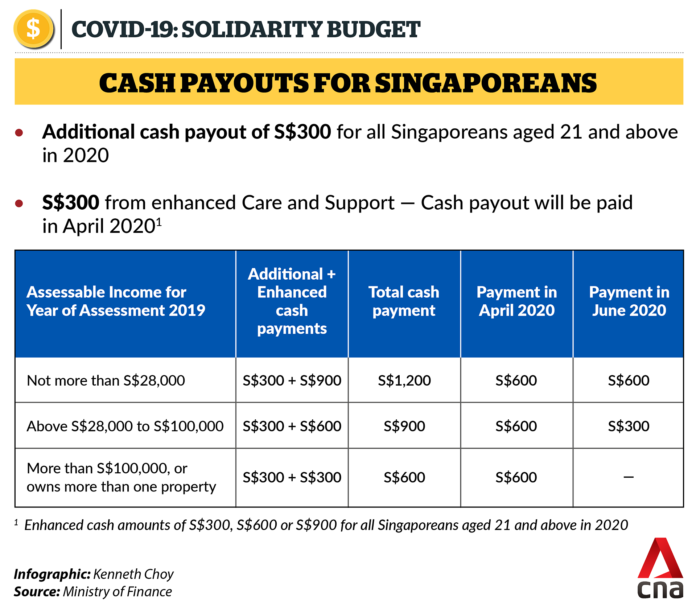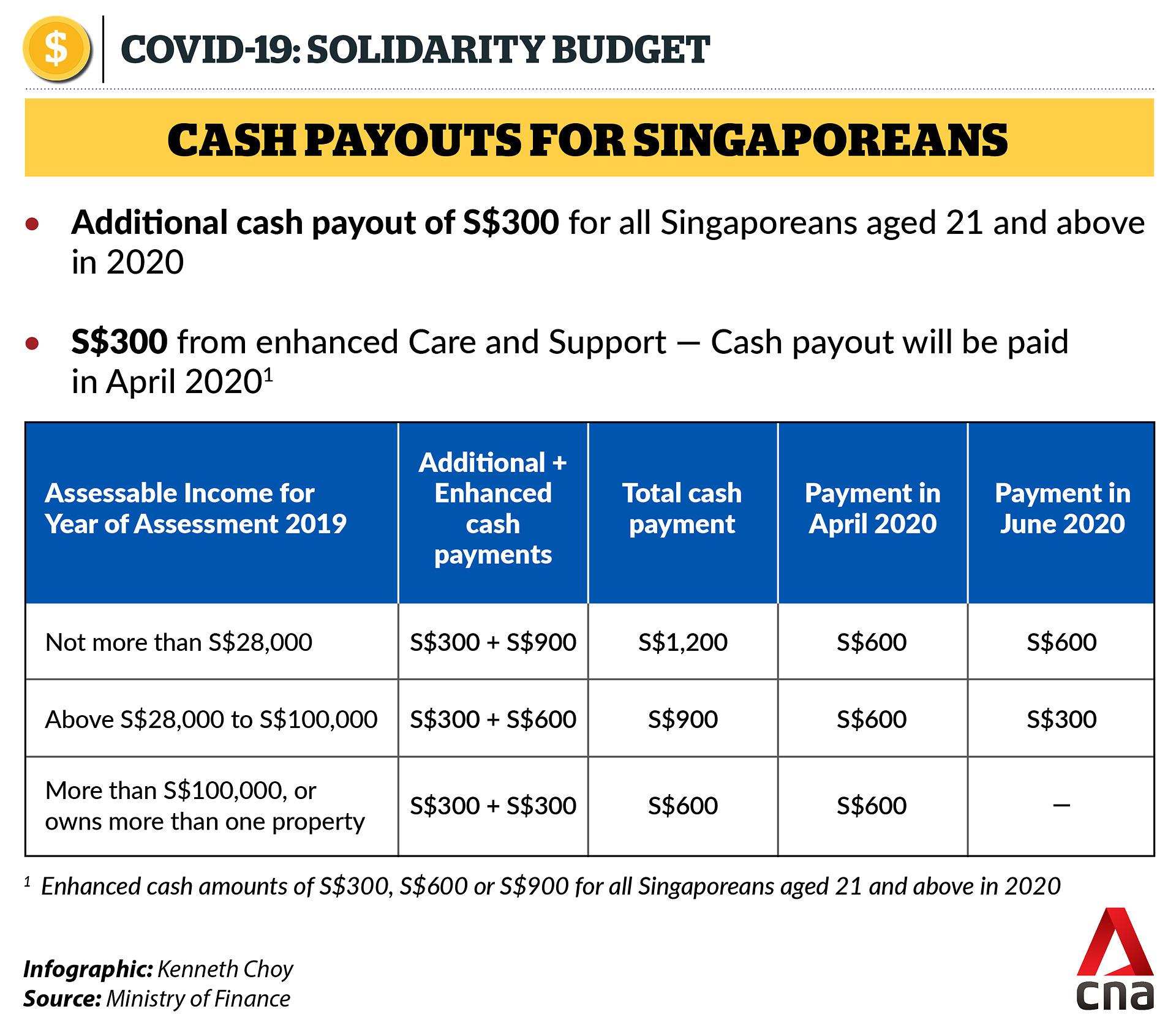SINGAPORE: When Mdm Nor learnt that schools would go into full home-based learning on Wednesday (Apr 8), she thought it would be “so impossible” for her and three kids.
There was only one laptop at home, which belongs to her 17-year-old daughter. It is “very laggy” and “hanged” all the time due to heavy usage for school. Mdm Nor recalled how difficult it was for her other two kids, who are in Primary 1 and 4, to cope with just one laptop when home-based learning was first introduced on Apr 1.
There was a lot of online material to get through and she had to do it one subject at a time, one kid at a time.
“They also have videos to watch and videos take a longer time to load and to discuss,” the 48-year-old said. “They had to waste time waiting. In the end not only did the kids give up, I also gave up.”
Her youngest child only managed to complete one subject that day and she could tell her children were “demoralised”.
On Apr 3, Prime Minister Lee Hsien Loong announced a move to full home-based learning for schools amid concerns over escalating COVID-19 infections in Singapore, which will last a month.
Mdm Nor was initially daunted by the idea, but not since the family received two donated laptops from ReadAble, a volunteer group that runs weekly reading classes for children living in the Chin Swee area.
“We saw that some families are short on laptops and have multiple school-going children, so we’ve been trying to source for more,” said Ms Samantha Kwan, core team member of ReadAble.
“We don’t want that to be a barrier to education, so we’re trying to fulfil the needs.”
RUSH TO DELIVER LAPTOPS
To date, ReadAble has received 17 laptop requests and the team sourced for donations from its own networks of friends.
“In the run-up to the circuit breaker, we collected laptops from friends and a company who gave refurbished laptops, to prepare the kids we teach in time for home-based learning,” said Ms Kwan.
Additionally, ReadAble also installed security software onto the laptops and taught the kids cyber wellness and Internet safety.
“We got each kid to sign a contract with us to ensure they would be responsible with the laptop that we are giving them. While we are aware that schools are loaning laptops to students who need them, we strongly feel helping them to own laptops they can keep forever is important,” she added.
Volunteers from READABLE teaching beneficiaries on cyber wellness. (Photo: ReadAble)
ReadAble is not the only volunteer group looking to source for and provide laptops to kids – CNA spoke to SG Bono, who posted a Facebook post on Mar 30, calling out for “low-income families who cannot afford to buy a computer or tablet for their school-going children”.
“We have computers (laptops, PCs) to be given out free to such families, provided they are currently CHAS Blue recipients,” the Facebook post read.
Within a week, SG Bono had received an “overwhelming” 1,200 requests from families islandwide, said vice-president Lim Keng Hong.
“I was very shocked, before COVID-19 we had stocked about 100 donated laptops and we thought that would be enough. We didn’t know it would go up to more than a thousand,” he said.
The volunteer group was started two years ago by IT engineers and experts. They have been providing IT servicing and laptops free of charge to disadvantaged families.
Given the response, SG Bono is still reaching out to donors and corporate sponsors as they have managed to secure only 200 laptops.
Before the laptops get into the hands of families in need by Wednesday, the team will repair them as they come in “various conditions”.
“Each laptop will take two hours, some need at least half a day,” Mr Lim added. “As of Apr 5, we have more than 50 laptop repair requests as well. We have three volunteers running around Singapore doing that.”
A volunteer’s car loaded with desktops, ready to be delivered. (Photo: SG Bono)
Engineering Good, a non-profit organisation, received about 83 requests and started collecting laptops a week ago. Its volunteers have been working tirelessly to refurbish donated devices and installing Microsoft Office on them.
“Sometimes the power adaptor doesn’t work or exist, sometimes the screen is cracked or the camera doesn’t work – all that goes to pile,” said Johann Annuar, executive director of Engineering Good. Out of 146 laptops donated, 52 have been refurbished and ready to be donated to beneficiaries from South Central Community Family Service Centre and Salvation Army.
“Whatever happens, education is still important,” he added. “People with little resources are impacted the most in times like this so we need to support them.”
WHY THE DEMAND DESPITE HELP IN PLACE
Following the announcement of full home-based learning, the Ministry of Education (MOE) has loaned out about 3,300 devices and more than 200 Internet dongles to students.
READ: About 3,300 devices loaned out to students following announcement of full home-based learning – Ong Ye Kung
MOE is prepared to loan out more devices and dongles if needed, said Education Minister Ong Ye Kung in Parliament on Monday.
“(This) is why we are starting our home-based learning on Wednesday and not immediately, one day later than the companies because we need to get this properly done,” he said, thanking corporate sponsors who provided free dongles and Internet subscriptions to students.
The Infocomm Media Development Authority’s (IMDA) NEU PC Plus programme also offers subsidised computers and free broadband to low-income families.
Now that her children have a laptop each, Mdm Nor expresses more confidence in supervising her children on home-based learning. ReadAble has also provided the family with a WiFi dongle, which means loading videos and content will no more be a long wait.
“This is much more convenient for us, it really makes a lot of difference,” said Mdm Mor. “The kids are very excited to start.”
To donate laptops and other devices:
SG Bono: Visit https://www.facebook.com/sgbono/ or WhatsApp +65 8444 2227
Engineering Good: Visit https://www.facebook.com/engineeringgood.org/
Bridging The Digital Divide: https://www.bridgethedigitaldivide.sg/donate-laptops
